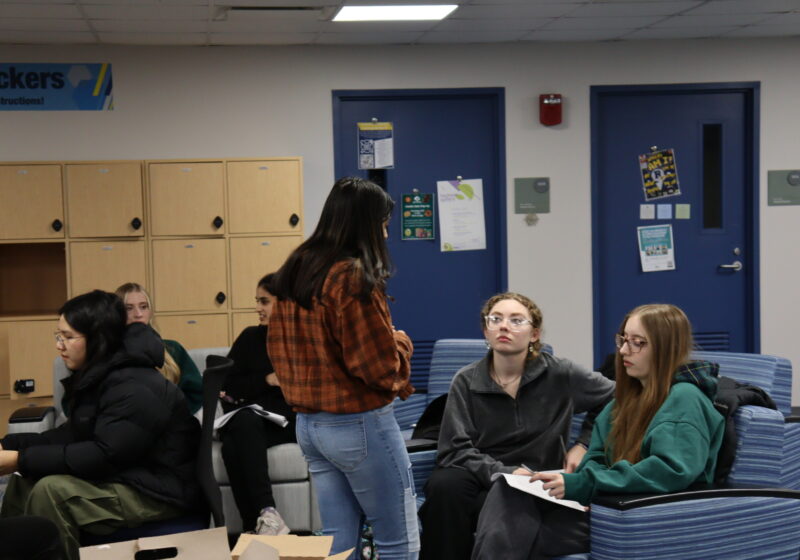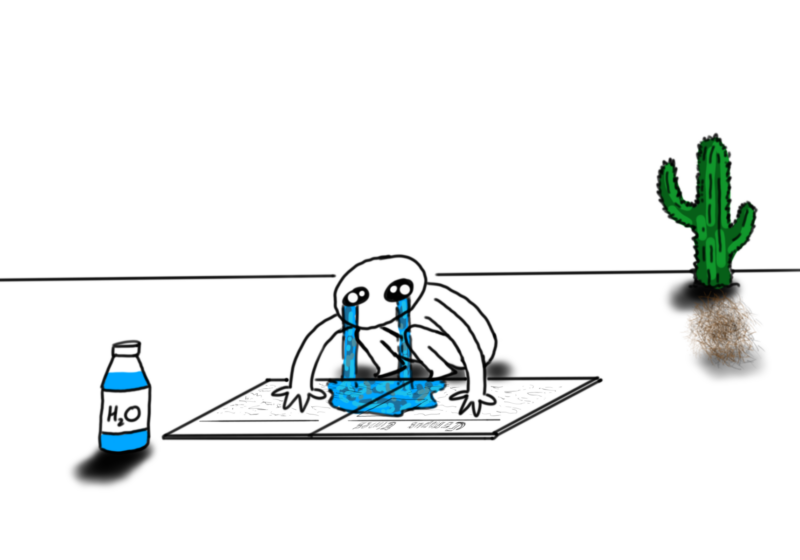We’ve all heard the phrase “use your time wisely” at least once in our lives. But what does that mean? How can we use our time “wisely”? In an increasingly urbanizing world, we are getting more and more busy, required to do more to get into college, grad school, other higher academic institutions, or getting a job and doing well at it. Because of that, things we do to relax, like reading a book, going out with friends, or napping are becoming more rare compared to our elementary or middle school days.
Doing something that doesn’t quite directly help you reach your goal (like the things you do for relaxation) are often deemed as “wasting your time” because we only have so much time. There have been numerous days where I would just wish there was more time in a day. But even if relaxing or having fun takes time away from being “productive,” they shouldn’t be considered a “waste of time.” If we don’t do things for fun, what is there to enjoy in life?
There have been numerous studies that indicate how relaxation and going out with friends can boost your mental and physical health. Being able to take part in an enjoyable hobby or spend time with someone you enjoy being around can help release “feel good” hormones that can alleviate some stress in your daily life. Since stress increases susceptibility to infectious illnesses, these activities can improve physical health in the long run.
But of course, as a part-time hypocrite on this topic, sometimes when I find myself enjoying a book, playing a video game, or scrolling on TikTok, I get this awful feeling immediately after that I could have used that time to do something productive like taking textbook notes or finishing an assignment. Or maybe I would go out with my friends during the day and come back to my dorm just to dwell on how I could have used that time to study for an upcoming exam. We’ve all been there.
However, even if it isn’t evident, doing those little things prevents us from burning out too fast. It creates little positive memories that linger in your mind that will hopefully get you through a tough patch. You need to “waste time” in order to be productive later on. That’s what the popular concept of a work-life balance tells us. This is a concept that claims that we should have a balance between spending time at jobs/studying and the time spent with family, friends, and pursuing hobbies and interests. According to this model, you should be doing things that you enjoy to keep the balance, and therefore, would not be considered a “waste of time.”
Like everything in life, exceptions are common. For example, let’s pretend we’re stressing over three finals during finals week. At times like those, it may be reasonable to tip the scale towards work, to study until one in the morning and consume three cups of coffee to stay productive. But if we think about it, most of us will be studying with friends, meeting at Starbucks to get coffee, and chatting about how we’re all stressed out. While it can be easy to consider that as a “waste of time” — since it takes time away from completing those stress-inducing tasks — I would argue those little moments actually let us keep going. A little bit of goofing around does not hurt us in the long run and helps us maintain a lighter environment, even if just a little bit.
So moral of the story, we can use our time “wisely” by doing things that help us finish our degree or getting accepted into that one job, but we can also use our time “wisely” by taking some time to do what we love. There is no such thing as “wasting time” when it benefits you in the long run. The “work-life balance” that everyone talks about is important in this regard and we should all learn how to maintain that healthily. But hey, I can’t tell you how to do it since it includes time management, and that’s another story I’d rather procrastinate on.





